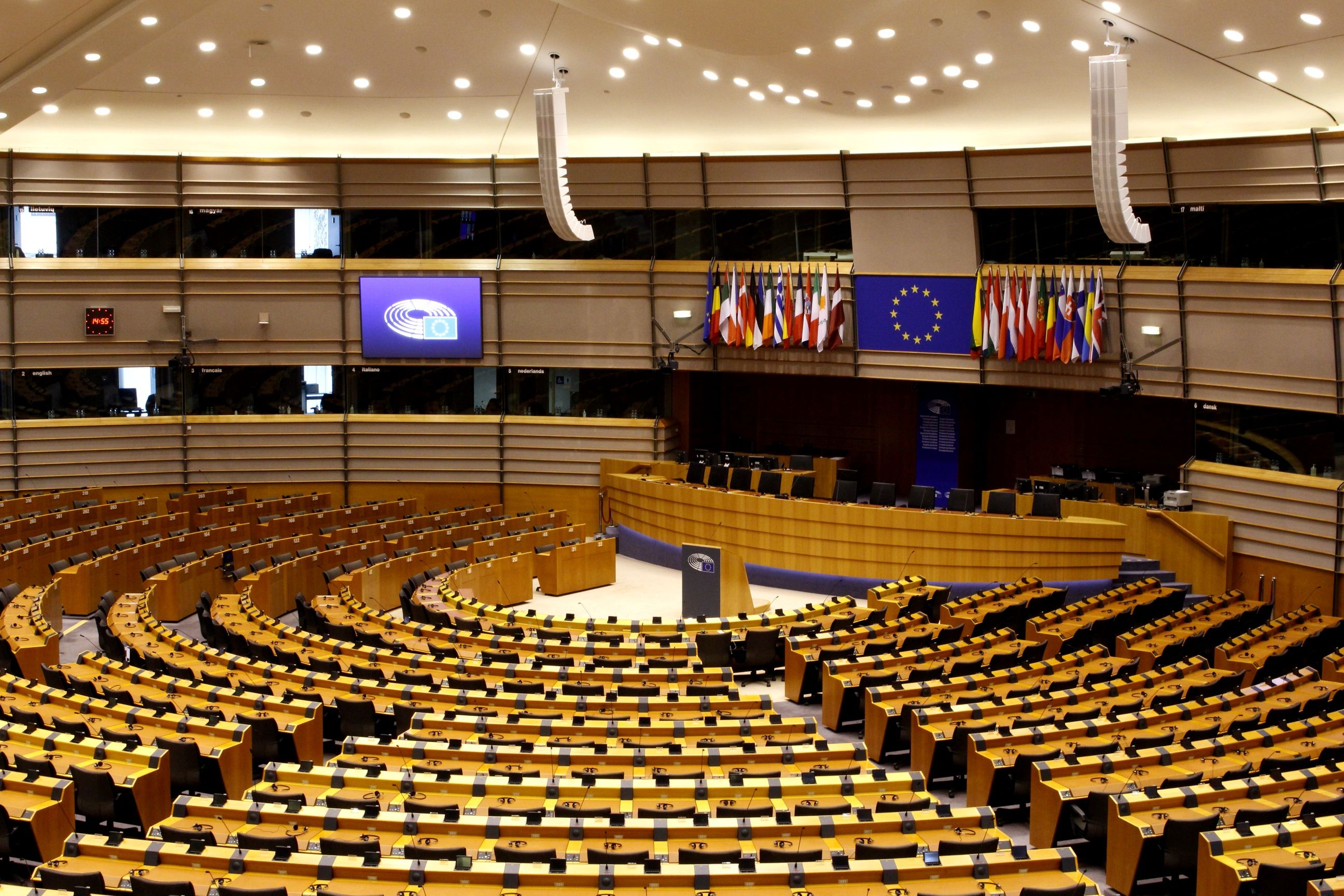EU Enforces AML Directives with New Crypto-Specific Extensions
Understanding the EU's New AML Directives
In an era where digital currencies are gaining significant traction, the European Union (EU) is taking a proactive stance to ensure that Anti-Money Laundering (AML) regulations keep pace with technological advancements. The introduction of new crypto-specific extensions to AML directives highlights the EU's commitment to maintaining financial integrity and transparency. These changes aim to close existing loopholes and prevent the misuse of cryptocurrencies for illicit activities.

What Are the New Extensions?
The EU's updated AML directives now incorporate provisions specifically targeting cryptocurrency transactions. These extensions mandate stricter compliance measures for crypto service providers, ensuring they meet the same standards as traditional financial entities. By doing so, the EU seeks to create an even playing field, deterring criminals from exploiting digital currencies for money laundering and terrorist financing.
Key components of these extensions include enhanced customer due diligence, mandatory identity verification, and the requirement for crypto exchanges to report suspicious transactions. By enforcing these rules, the EU aims to enhance traceability and accountability within the digital asset ecosystem.
Implications for Crypto Businesses
For cryptocurrency businesses operating within the EU, the new AML directives necessitate significant adjustments in their operational frameworks. Companies must now implement robust compliance systems to adhere to these regulations, involving substantial investment in technology and personnel. This shift is not just a regulatory obligation but also an opportunity for businesses to build trust with customers by demonstrating their commitment to security and transparency.

Additionally, the directives may influence how crypto businesses strategize their expansion plans. Firms considering entering the EU market must evaluate their readiness to comply with these regulations and assess the potential impact on their operations. While this may present challenges, it also offers a chance for companies to differentiate themselves by showcasing their compliance credentials.
The Role of Technology in Compliance
Technology plays a pivotal role in helping businesses meet the stringent requirements set by the new AML directives. Advanced software solutions enable automated monitoring and reporting of transactions, reducing the risk of non-compliance. Blockchain technology itself can also aid in enhancing transparency, as it provides an immutable ledger of all transactions, facilitating easier traceability.

Moreover, artificial intelligence and machine learning algorithms can be leveraged to detect suspicious activities more efficiently. By deploying cutting-edge technologies, businesses can not only ensure compliance but also streamline their operations and reduce costs associated with manual processes.
Looking Ahead: The Future of Crypto Regulation
The introduction of these crypto-specific AML extensions marks a significant step forward in the EU's approach to regulating digital assets. As the cryptocurrency landscape continues to evolve, it is likely that regulatory frameworks will need continuous refinement to address emerging challenges and opportunities.
Industry stakeholders must remain vigilant and adaptable, fostering collaboration with regulators to shape policies that protect consumers while encouraging innovation. The future of crypto regulation will likely involve a balanced approach that supports both security and technological advancement.
In conclusion, the EU's enforcement of AML directives with new crypto-specific extensions underscores the importance of regulatory evolution in the face of digital transformation. By aligning regulations with technological progress, the EU aims to safeguard its financial system while fostering a secure environment for innovation in cryptocurrencies.
